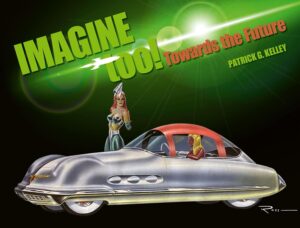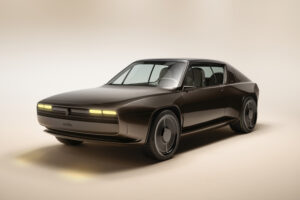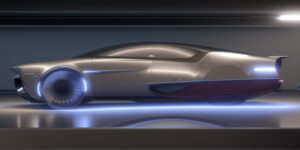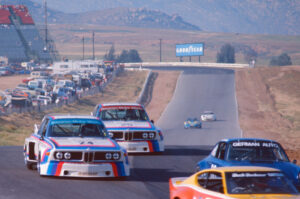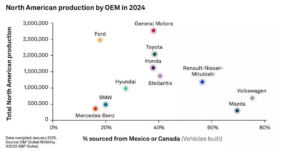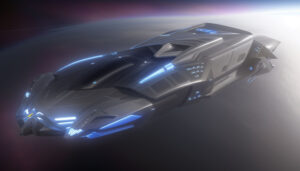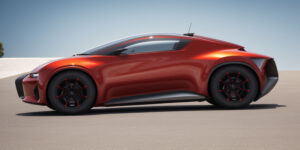Summit Meeting of the Designers: Giugiaro, Warkuß and de Silva analyse the “Golf†phenomenon
[singlepic id=4365 w=640 h=480 float=center]
Golf I bears the signature of Giorgetto Giugiaro
Golf IV and V evolved under the aegis of Hartmut Warkuß
Golf VI and the future of the Golf are shaped by Silva
[singlepic id=4366 w=200 h=266 float=left] [singlepic id=4368 w=200 h=266 float=left] [singlepic id=4367 w=200 h=266 float=left]
Wolfsburg, 21 October 2010 – These three men have had a decisive influence on automotive history: Giorgetto Giugiaro, Hartmut Warkuß and Walter de Silva. Designers of world renown. Each of them has designed icons that will stand the test of time. One thing unites these men: the Golf. Because the Golf generations that were most important in terms of style—I, IV and VI—evolved under their aegis.
Now the three top designers got together in a kind of summit meeting of design to analyse the “Golf†phenomenon. Giorgetto Giugiaro (72), who was head of Italdesign and designed the first Golf generation (debut in 1974), casts a glance back on the design of the Golf: “From my vantage point back then, it was not difficult to make the transition from the Beetle to a new vehicle type.†The fact that Giugiaro was always true to his own rules might have had something to do with that. Giugiaro: “When it comes to criteria for fine design, the proportions top the list. It is always somewhat of a mathematical game.†And his ideas were a winner: The proportions of the Golf I were right; 6.78 million units of the first generation were sold up till 1983.
Just how much the head of Italdesign, a company belonging to Volkswagen AG since 2010, influenced the “Golf†product brand is emphasized by Hartmut Warkuß (70). The ardent amateur pilot was chief designer of Volkswagen AG until his retirement in 2003; Hartmut Warkuß and his team created the Golf of the fourth and fifth generation. Warkuß: “We began with the Golf IV in 1993. I asked myself at the time how Giorgetto Giugiaro would design it.†What a compliment. Warkuß: “And so we created a timeless form again and intensified the character of the Golf through the distinctive C-pillars, among other things.†What was of overriding importance to Hartmut Warkuß: “Design has to be balanced. Its proportions have to be right. It has to suit the time in which such a design is to be valid.†For many experts, the Golf IV, which has been built 4.3 million times, is already today a classic of tomorrow.
Walter de Silva (59) is also one of these experts. He has been Head of Volkswagen Group Design since 2007. “Messrs. Giugiaro and Warkuß have given the fundamental design to the Golf as a Volkswagen.†With a view to the Golf VI, yet also to future generations, he outlines why he has preserved these genes and will continue to perpetuate them: “Basically, Giorgetto Giugiaro and Hartmut Warkuß have written the score, a beautiful piece of music. And with my team, with Klaus Bischoff—Head of Design for the Volkswagen brand—and naturally all the others, we try to give a proper interpretation of this music. The basic score of the ‛Golf
music’ has been written. What we’re carrying forward here is a further development.â€
The sixth generation of the Golf shows what potential this music still has. De Silva himself is living in the future; he is already on the road driving the next Golf in his thoughts. And that Golf will—some day—follow the score defined by Giugiaro and yet remain one-of-a-kind. This is part of the secret of success of the Volkswagen brand and the “Golf†phenomenon alike. Walter de Silva: “Volkswagen will remain unique in the future and therefore universal. Constant changes make for unreliability for customers.â€
The latest figures prove him right: During the first eight months of this year alone, Volkswagen was able to convince around 250,000 more customers to buy a car bearing the label of Volkswagen, in a year-on-year comparison with the previous period. People seem to have been entranced by the music on a lasting basis.
[nggallery id=83]

